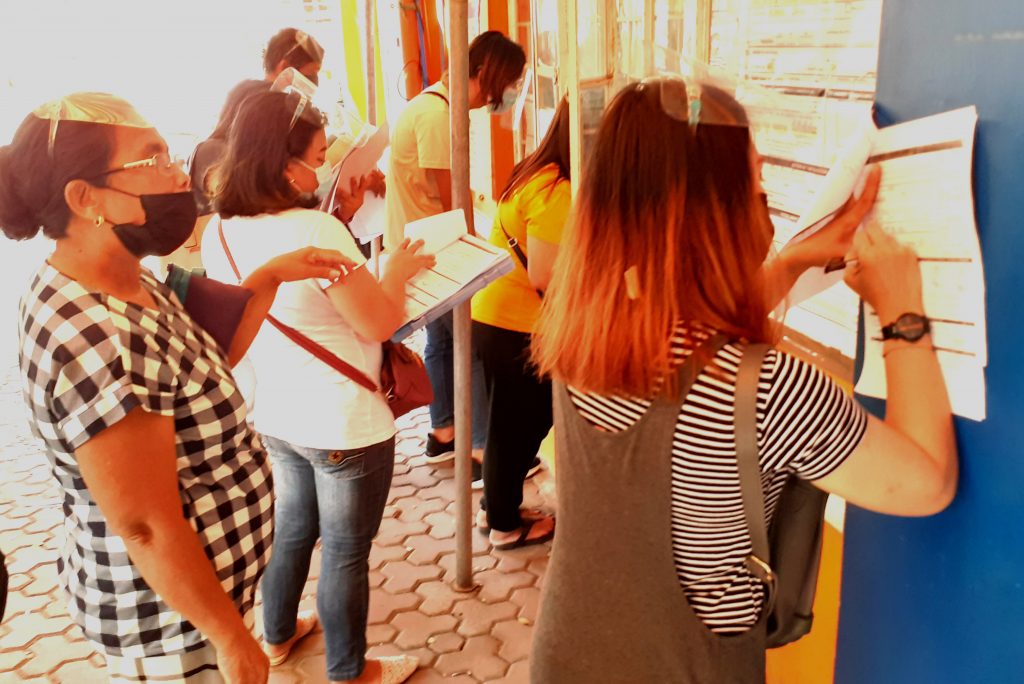Philippine News
House OKs bill imposing heavier fines vs. nuisance candidates

MANILA – With the 2022 national and local elections fast approaching, the House of Representatives on Tuesday approved on final reading timely and relevant election-related bills proposing heavier fines against nuisance candidates and early voting of vulnerable sectors.
With 191 affirmative votes, the chamber unanimously approved House Bill 9557, providing an efficient procedure for declaring a nuisance candidate and imposing stiffer penalties on the aspirant trying to mock the election process.
The Commission on Elections (Comelec), upon notice and hearing, and proof of malice or bad faith, shall be mandated to impose the penalty of a minimum of PHP100,000 on the person who filed such a certificate of candidacy to put the election process in mockery or disrepute.
According to the bill, attempts to mock the election include causing confusion among the voters by the similarity of the names of the registered candidates, as well as circumstances or acts which clearly demonstrate that the person has no bona fide intention to run for the office for which the certificate of candidacy was filed and thus preventing a faithful determination of the true will of the electorate.
The Comelec shall summon the nuisance candidate, the person or persons alleged to have caused the filing of the certificate of candidacy in question, and the members of the candidate’s party in a hearing specifically called to determine the existence of malice and bad faith in the filing of the certificate of candidacy in question.
House bill 9562 was also overwhelmingly approved on final reading with 196 affirmative votes, zero negative votes, and no abstention.
It provides for early voting by qualified senior citizens and persons with disabilities during the national and local elections.
This would enhance the affected sectors’ access to their right to suffrage.
When signed into law, qualified senior citizens and persons with disabilities would be able to cast their votes within seven days prior to the date set for the election at accessible establishments designated by the Commission on Elections (Comelec).
A nationwide registration would then be conducted to identify those who are qualified to avail of the early voting privilege.





















